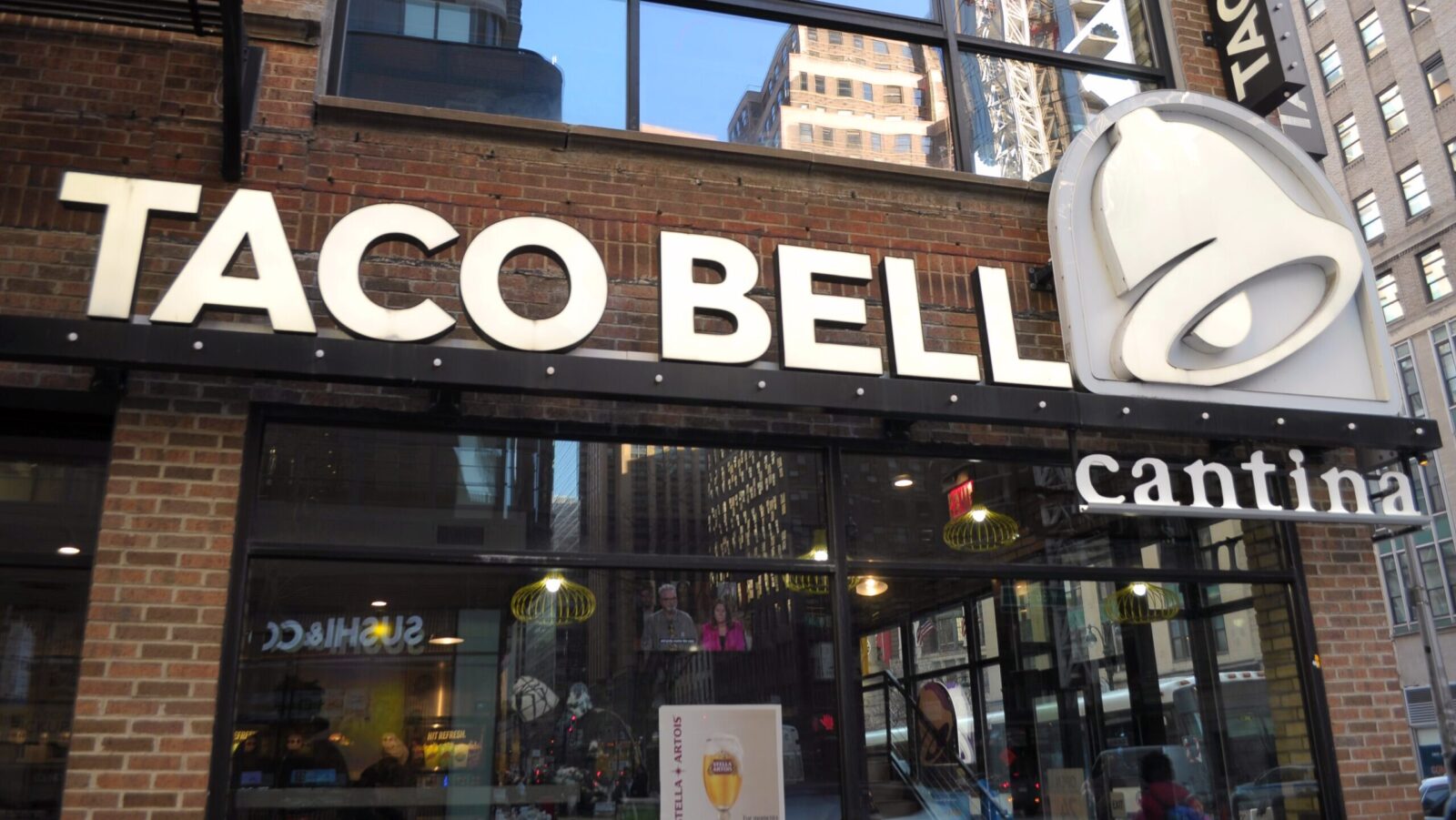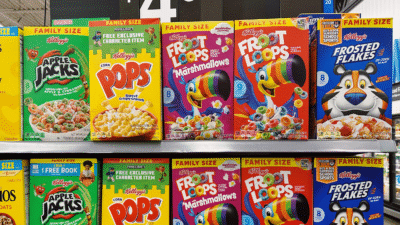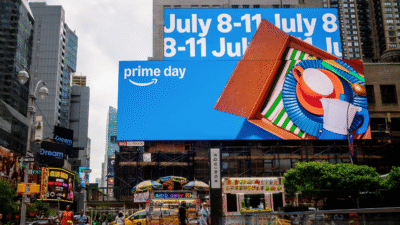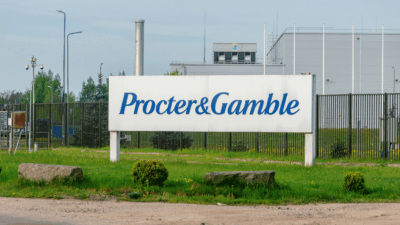Not Lovin’ It: McDonald’s Suffers Third Downgrade in as Many Trading Days
Could GLP-1 weight loss drugs like Ozempic and changing economic winds really take a bite out of the almighty Big Mac?
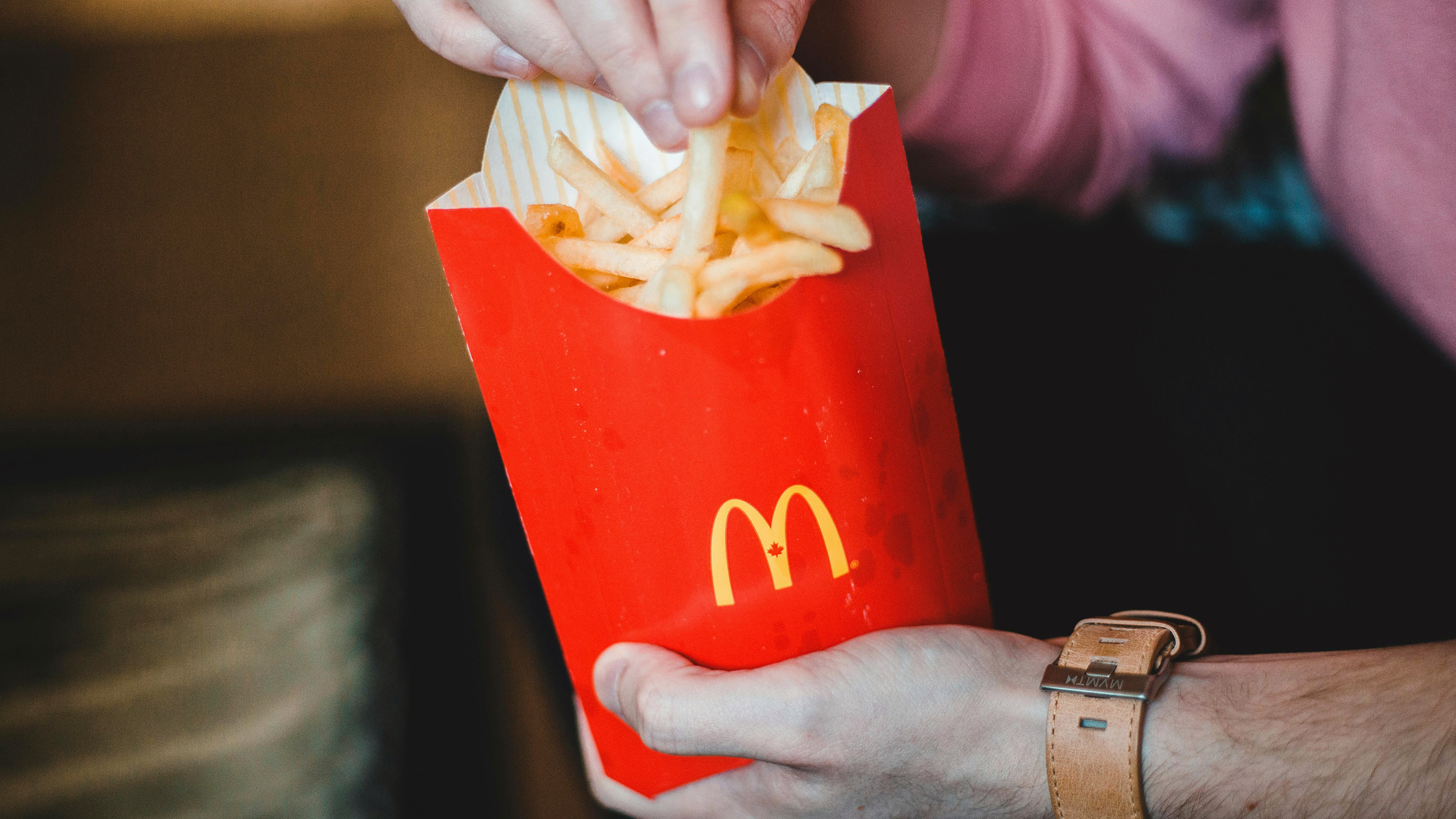
Sign up for smart news, insights, and analysis on the biggest financial stories of the day.
Could GLP-1 weight loss drugs and changing economic winds really take a bite out of the almighty Big Mac?
Analyst after analyst after analyst seems to think so, as Redburn Atlantic on Tuesday became the third firm in as many trading days to downgrade McDonald’s stock, often heralded as recession-proof.
From Triple Cheeseburger to Triple Downgrade
For years, McDonald’s has been like the Dennis Rodman of the market. No, not for the ear piercings or the wild publicity antics or the Van Damme action movie: for being possibly the best defensive stock in the business. Shares in the fast food company outperformed the market in the 12 months leading up to all five recessions in the past 40 years and in the majority of recessionary periods that followed.
With 41,000 locations, its massive scale allows it to set competitive prices, and 90% of its locations are franchises, meaning it obtained that scale with minimal capital investment. That has allowed McDonald’s to focus on its chief proposition to customers: value. The sudden spate of downgrades, however, has called into question whether both behavioral and financial realities could erode the defensive prowess of the Golden Arches by rendering that proposition insufficient on its own:
- First under threat is McDonald’s value proposition to consumers worried about the economy. McDonald’s has seen same-store sales drop in the US for two straight quarters, with a 3.6% dip in the latest period and executives flagging even more concerning 10% drop-offs in traffic from lower- and middle-income consumers in the same period.
- On top of that, Redburn Atlantic analysts argued as they double-downgraded McDonald’s from “buy” to “sell” on Tuesday, there are “new behavioral challenges”: the proliferation of glucagon-like peptide-1 drugs such as Ozempic, they said, could have a “cumulative” impact on the chain’s business, noting “a 1% drag today could easily build to 10% or more over time.”
There’s also, according to Morgan Stanley analysts, a threat to McDonald’s value proposition to investors: They pointed out on Monday upon their downgrade of the stock that the fast food chain is trading at nearly 25 times this year’s earnings estimates. Compare that with Burger King-owner Restaurant Brands, Wendy’s and Jack in the Box, which trade at 19, 12, and 4 times earnings estimates, respectively. An ongoing “value war” among these and other chains, they noted, also means McDonald’s “pricing power has eroded,” reducing its leverage against its bargain-priced competitors.
What Others Are Saying: Loop Capital, which downgraded McDonald’s on Friday, cited negative feedback about the company’s new chicken strips. Other words on the street might not bode well for business either. In April, Pepsico CEO Ramon Laguarta said GLP-1 consumers were “keeping our brands in their repertoire, probably in a smaller portion,” hinting that food brands might have to cope with less consumptive consumers. Campbell’s CEO Mick Beekhuizen said earlier this month that the budget-friendly canned goods company is observing people eating at home the most since the start of the pandemic in 2020. McDonald’s shares fell 1.4% on Tuesday, paring this year’s gains to 2.7%. Still, if you don’t believe in the Cramer curse, CNBC clairvoyant Jim Cramer says the analysts betting against the Golden Arches are wrong.
